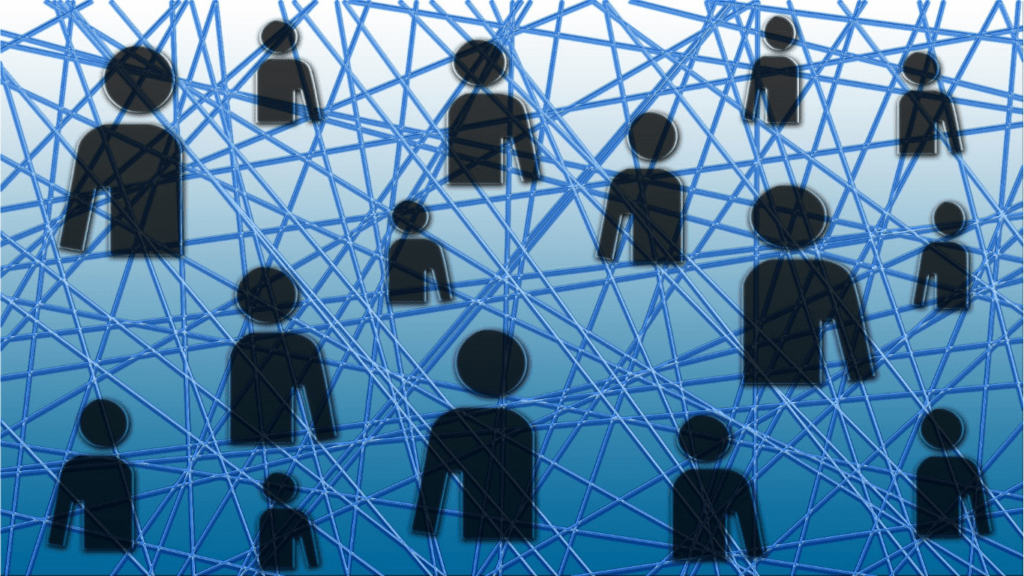Understanding Luck and Opportunity
Luck often appears as a mysterious force, yet many psychologists propose it’s intertwined with opportunity and perception. I find this connection fascinating. Luck isn’t just a product of random chance; it’s about recognizing and acting on opportunities that come my way.
According to Richard Wiseman, a psychologist, individuals who consider themselves lucky often exhibit a heightened awareness of their surroundings. They notice changes and potential chances where others might not. This awareness isn’t purely intuitive but can be cultivated by maintaining an open mind and flexible thinking.
By enhancing my situational awareness, I increase my ability to anticipate outcomes and identify potential paths to success. Researchers suggest that people who engage in more social interactions expose themselves to a broader range of possible opportunities. For instance, participating in networking events or joining professional groups expands my chances of encountering fortunate breaks.
Christopher Peterson, a professor of psychology, emphasizes the role of optimistic thinking in the perception of luck. Optimism helps me interpret events positively, motivating actions that align with successful opportunities. If I expect good outcomes, I’m more likely to pursue and create them.
The interplay between luck and opportunity goes beyond simple coincidences. It’s about developing qualities like:
- resilience
- adaptability
so I can better position myself to embrace the chances life presents.
Psychological Theories Behind Luck
Understanding the psychological theories behind luck can shed light on the potential to influence one’s own luck. Concepts like positive thinking and cognitive biases play significant roles in how we perceive and create luck.
The Role of Positive Thinking
Positive thinking enhances the likelihood of encountering luck. It fuels a mindset geared toward recognizing opportunities and maintaining resilience in adversity. Embracing optimism boosts motivation, driving proactive behaviors that align with success. For example, viewing a setback as a learning opportunity encourages resilience and perseverance that facilitate subsequent good fortune.
Cognitive Biases and Luck Perception
Cognitive biases shape how one perceives luck, often distorting reality. The confirmation bias makes people notice outcomes that support their belief in being lucky, ignoring contrary evidence. Self-serving biases influence individuals to attribute successes to personal actions, thus reinforcing the notion of self-created luck. Recognizing these biases can help adjust perceptions and approach luck objectively, ultimately enhancing one’s ability to recognize genuine opportunities.
The Science of Creating Opportunities
Embracing the science behind opportunity creation reveals it’s less about chance and more about strategic action. By understanding and leveraging psychological principles, individuals can actively increase their prospects.
The Power of Networking

- Networking significantly expands access to opportunities by connecting with diverse individuals.
- Engaging in both professional events and informal gatherings leads to encounters with people possessing varied skills and knowledge.
- Genuine interactions foster relationships, which can result in unexpected collaborations and openings.
- Research by sociologist Mark Granovetter illustrates the “strength of weak ties,” where acquaintances—not close friends—often provide new information or job leads, due to their access to different networks.
Developing a Growth Mindset
Adopting a growth mindset transforms challenges into opportunities for development. Psychologist Carol Dweck’s research highlights how those with a growth mindset view abilities as improvable through effort. This perspective fosters resilience and an openness to learning from failure. When individuals focus on improvement rather than fixed capabilities, they are more likely to exploit opportunities that arise from setbacks. Embracing change and seeking feedback also enhances one’s ability to navigate uncertain situations and identify potential advantages.
Real-Life Examples of Creating Luck
Successful individuals often create their luck by seizing opportunities and transforming setbacks into stepping stones. These stories and lessons provide valuable insights into actively shaping one’s fortune.
Stories of Successful Individuals
Steve Jobs, co-founder of Apple, exemplified creating luck through innovation and perseverance. After being ousted from Apple in 1985, he founded NeXT, a move that led to his return to Apple when it acquired NeXT. His resilience and vision transformed Apple’s fortunes, proving that seizing the right opportunity can redefine success.
J.K. Rowling, author of the Harry Potter series, showcases the power of perseverance in creating luck. Facing multiple rejections from publishers, she persisted and eventually found the right match. Her determination turned what seemed like misfortune into a global phenomenon.
Oprah Winfrey, media mogul, illustrates the role of resilience and adaptability in creating luck. Overcoming a difficult childhood, she embraced opportunities in television to build an influential media empire, highlighting the impact of transforming adversity into advantage.
Lessons Learned from Failure
Thomas Edison, inventor of the electric light bulb, famously stated, “I have not failed. I’ve just found 10,000 ways that won’t work.” This mindset reframed failure as a pathway to success. Edison’s approach exemplifies that persistence and learning from each setback can lead to breakthroughs.
Walt Disney, the creator of Mickey Mouse, faced bankruptcy and rejection before his success. His failure to establish a profitable cartoon studio didn’t deter him; he learned from it, leading to the creation of iconic entertainment. Disney’s journey underscores the importance of embracing failure as an opportunity for innovation.
Arianna Huffington, founder of The Huffington Post, encountered numerous setbacks while starting her media company. Instead of succumbing to failure, she learned from each challenge, ultimately achieving success. Her experience highlights that resilience and adaptability are crucial in turning misfortune into opportunity.



 Legal and Compliance Advisor for Key Gamble Lucky, Lucas specializes in navigating the complex landscape of casino game strategies, offering expert betting tips, and analyzing industry trends. With a strong background in gambling law and industry analysis, Lucas ensures that the platform remains up-to-date on regulatory changes while providing readers with valuable insights into the legal aspects of gambling. His expert advice helps readers sharpen their skills, make more informed decisions, and improve their overall betting outcomes, all while staying compliant with the latest legal standards.
Legal and Compliance Advisor for Key Gamble Lucky, Lucas specializes in navigating the complex landscape of casino game strategies, offering expert betting tips, and analyzing industry trends. With a strong background in gambling law and industry analysis, Lucas ensures that the platform remains up-to-date on regulatory changes while providing readers with valuable insights into the legal aspects of gambling. His expert advice helps readers sharpen their skills, make more informed decisions, and improve their overall betting outcomes, all while staying compliant with the latest legal standards.